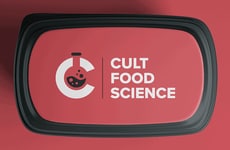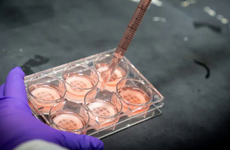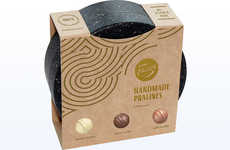
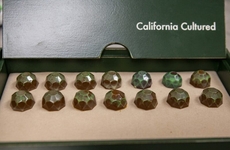
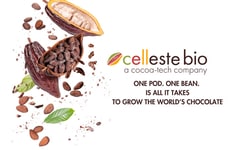

Food tech companies bioengineer chocolate through cellular agriculture
Trend - As climate change threatens traditional cacao farming and drives up chocolate prices, food science companies are developing lab-cultivated chocolate through cellular agriculture - replicating cocoa's exact molecular and genetic structure in controlled environments.
Insight - Rising environmental concerns have made consumers increasingly aware of how climate change threatens the future availability of everyday luxuries. This awareness has shifted consumer perception of bioengineered foods - particularly when the technology aims to preserve, rather than replace, beloved products. The promise of identical taste and texture through cellular agriculture represents a pivotal moment where consumers are beginning to view lab-grown alternatives not as synthetic substitutes, but as innovative solutions for preserving authentic experiences in a climate-challenged world.
Insight - Rising environmental concerns have made consumers increasingly aware of how climate change threatens the future availability of everyday luxuries. This awareness has shifted consumer perception of bioengineered foods - particularly when the technology aims to preserve, rather than replace, beloved products. The promise of identical taste and texture through cellular agriculture represents a pivotal moment where consumers are beginning to view lab-grown alternatives not as synthetic substitutes, but as innovative solutions for preserving authentic experiences in a climate-challenged world.
Workshop Question - How could your brand leverage cellular agriculture to future-proof traditional products?
Trend Themes
1. Cellular Agriculture - The development of lab-cultivated chocolate using cellular agriculture solutions aims to replicate cocoa's exact molecular and genetic structure in controlled environments.
2. Climate-resilient Food Production - Consumers are increasingly accepting bioengineered foods, especially when the technology helps preserve traditional products like chocolate in the face of climate change.
3. Ethical Consumption - There is a growing consumer demand for products made without ethical concerns such as deforestation and child labor, addressed through innovations in lab-grown food.
Industry Implications
1. Food Technology - Advancements in food tech offer novel manufacturing processes like cellular agriculture, reducing dependency on traditional farming.
2. Sustainable Agriculture - Innovations in sustainable farming practices create opportunities to produce food with minimal environmental impact.
3. Confectionery - The confectionery industry is exploring biotechnology to produce ethical and sustainable sweets, addressing consumer concerns over traditional production methods.
